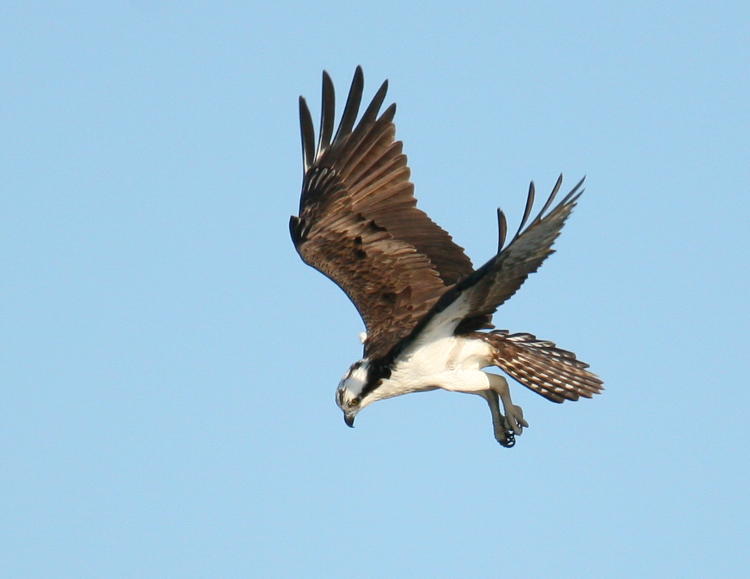
Tomorrow, February 22nd, is National wildlife Day – actually, one of two for the year, the next being September 4th. While I have a post lined up, it’s not exactly specific to the holiday, and had I planned better, I might have spent the day in a National Wildlife Refuge, but the nearest to me is Roanoke River NWR, a bit over two hours travel time, not to mention that it’s still a bit early in the season to have decent expectations for an outing. Given that wildlife is the primary focus of the blog and website, I can’t feel that I’m shirking my duties here. Nonetheless, I may sneak in a more local outing if I can, and the weather holds out.
Are there good ways to observe the holiday? That’s always a loaded question, of course – the typical answer is along the lines of, “raise awareness,” which is fine but incredibly vague, and effectiveness is up for grabs. Contributions to wildlife, conservation, or rehabilitation organizations of your choice are commendable, as is any kind of educational program, aimed at children or adults. Even just educating ourselves over different species, habitats, or ecosystems works fine, as far as I’m concerned, and I may have something along those lines as well.
I recently discovered that (as indicated at the linked site,) this particular date was chosen because it was Steve Irwin’s birthday, which gives me distinctly mixed feelings. This might surprise you, it might not, but I only watched a few scattered portions of ‘Crocodile Hunter’ and various other appearances by Irwin, and was never the least impressed. Credit where it’s due for getting a generation interested in wildlife, in a way, but I’m firmly of the opinion that there were much better ways of going about it. Irwin never displayed the least evidence of being a naturalist, and exemplified some of the worst habits towards wildlife that could be found this side of hunting shows. He was a character, riding the wave of popularity, and the inclusion of animals in his shows was considered ‘enough,’ though what positive impact this had remains to be seen – and what negative impact, as well. Respect for wildlife was never at the forefront, and even while ostensibly trying to illustrate the dangers of certain species, he generally did do by doing exactly what you should never do. Most especially, it made the various species performers in his own scripts, with little awareness that an aggressive response was and is distinct evidence that the animal is stressed enough to trigger it. This is as bad as some kind of ‘reality’ show where someone provokes fights with people on the street. What, exactly, is the point of that?
From a nature photographer’s standpoint, there’s always the desire to push the boundaries to see what kind of images can be obtained, but it needs to be emphasized: it often doesn’t take much to provoke a response, and even a minor one is interruption of a species’ habits. We tend to forget that no animals in the wild get regular meals, or automatically find safe places to sleep, and our interfering with this definitely has an effect – maybe minor, maybe not, we don’t know. While it’s impossible to remain completely unobtrusive in most situations, we should be endeavoring to spark as little response as possible.
On top of that, there’s our own safety to consider. We also tend to forget that we cannot interpret the mood and actions of most species with even slight degrees of accuracy; any animal may appear disinterested or blasé, up until they react, and by then it’s too late. I’ve spent a lot of time observing plenty of different species, and while I consider myself halfway-decent at it, I’ll be the first to tell you I only have a faint inkling of what they’re thinking. It’s best to always assume that any animal might decide that we’ve crossed the line at any time, and maintain safe distances and, where necessary, an escape route. Never go for a close approach, never feed an animal, and never assume that it’s all cool because we aren’t seeing any signs – wildlife isn’t in the habit of communicating with us.
That’s enough lecturing. If you can, do something appropriate and, for preference, something positive and effective. Wildlife, regardless of what it is and as vague as that title can be, is fascinating, and good to have around.



















































